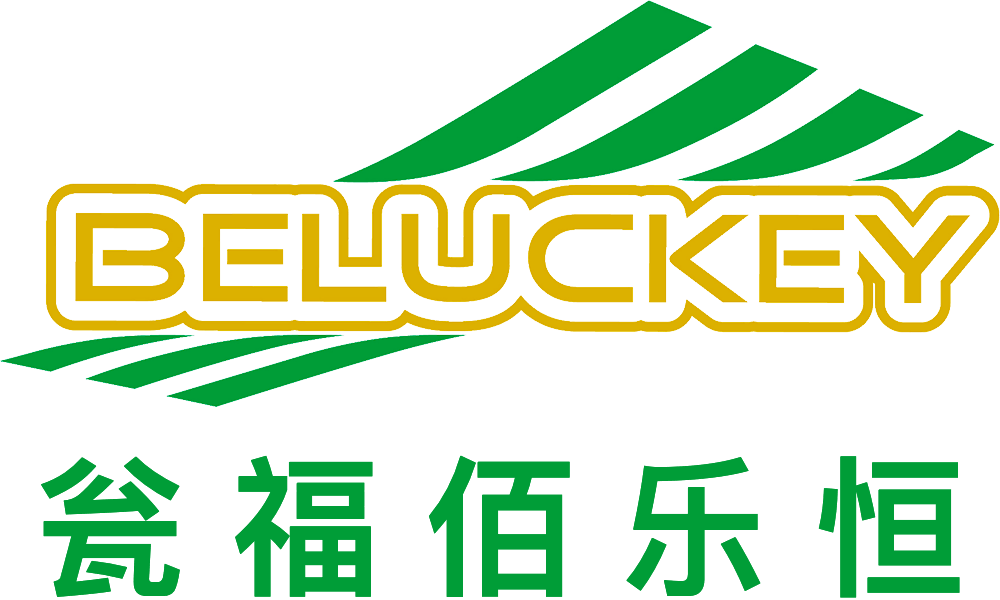What are the national banned food additives? The national banned food additives list
- Clasificación:Industry news
- Autor:
- Fuente:
- Tiempo de emisión:2021-04-08 10:39
- Visitas:
What are the national banned food additives? The national banned food additives list
- Clasificación:Industry news
- Autor:
- Fuente:
- Tiempo de emisión:2021-04-08 10:39
- Visitas:
1. Sudan Red (prohibited)
Sudan Red is not a food additive, but a chemical dye. Its chemical composition contains a compound called naphthalene, which has an azo structure. Because of the nature of this chemical structure, it is carcinogenic and has obvious toxic effects on the liver and kidney organs of the human body. The state prohibits the addition of Sudan Red in food processing. Unscrupulous traders mainly use it for dyeing, coloring, coloring, color retention, or feeding ducks and poultry to prepare red eggs in chili products (food) and other foods that require coloring.
2. Hanging white block (prohibited)
Industrial chemical name: Sodium sulfoxylate formaldehyde or sodium formaldehyde sulfoxylate, commonly known as "hanging white block", also known as "carving white block", the main ingredient is: sodium sulfoxylate formaldehyde, white block or crystalline powder, It is an industrial bleaching agent. The state prohibits the addition of hanging white lump in food processing. Unscrupulous traders mainly use it in noodles, rice noodles, pasta, rice noodles, vermicelli, vermicelli, tofu skin, yuba, brown sugar, rock sugar, lotus powder, flour, bamboo shoots, and white fungus in rice noodle products. , Beef louver, blood tofu, seafood and other foods such as whitening, coloring, freshness, taste, anti-corrosion, make the food appearance color bright, extend the food shelf life and increase the toughness, so that the food is not sticky after cooking for a long time, and it tastes refreshing.
3. Formaldehyde for industrial use (prohibited)
Commonly known as: formalin, is an industrial bleaching agent. Formaldehyde is a colorless gas, easily soluble in water, and has a strong pungent odor. Usually 35% to 40% formaldehyde solution is called "formalin". It has antiseptic effect and is used to soak pathological sections, humans and animals. specimen. The state prohibits the addition and use of formaldehyde in food processing. Illegal traders mainly use it for dried aquatic products such as sea cucumbers and squid, aquatic products, water-fat seafood, vermicelli, yuba, noodles, beer, marinade, marinated food, etc. Strong sterilization, antiseptic, whitening, soaking and bleaching, coagulation, shaping, improving appearance and texture in blood products and other foods.
4. Borax (prohibited)
Industrial chemical name: Sodium borate, which is highly toxic and is a toxic chemical raw material. The state prohibits the addition and use of borax in food processing, and illegal traders use it in noodles, dumpling wrappers, zongzi, pastries, jelly, cold skin, meatballs and other meat products, and yuba and other foods to increase gluten, strengthen gluten, increase elasticity, and crispy , Fresh and tender, improve taste.
5. Sodium dithionite (prohibited)
is an industrial strong bleaching agent, mainly used as a reducing agent for printing and dyeing and bleaching silk, woolen fabrics and pulp. The heavy metals contained in it may remain in the human body for a long time and are difficult to eliminate and cause cancer. The state prohibits the addition and use of sodium dithionite in food processing. Unscrupulous traders use it to soak edible fungi, kelp and other foods, so that the food is fresh, bright, and crystal clear on the basis of its natural color.
6. Clenbuterol (prohibited)
Industrial chemical name: Clenbuterol hydrochloride, also known as: Salbutamol, is an adrenal receptor neurostimulant. People who eat meat and internal organs containing "Clenbuterol" will experience dizziness, nausea, tremor of hands and feet, rapid heartbeat, and even death from cardiac arrest, especially for patients with arrhythmia, high blood pressure, glaucoma, diabetes and hyperthyroidism Patients with other diseases are more harmful and can cause mass vicious food poisoning accidents.
7. Industrial caustic soda (prohibited)
Industrial chemical name: Sodium hydroxide, also known as caustic soda, caustic soda, caustic soda, caustic soda, is a very strong corrosive agent. Alkali is divided into food grade and industrial grade, and the packaging is generally marked. Industrial grade alkali is industrial alkali. The state prohibits the addition and use of industrial alkali in food processing. Unscrupulous traders mainly use it for soaking, swelling, and tenderizing food such as chicken feet, tripe, beef tendon, sea cucumbers, squid and other dried aquatic products, and aquatic products. , Whitening, smoothing, improving appearance and texture.
8. Soda ash (prohibited)
Industrial chemical name: Sodium carbonate, white powder or fine crystals in appearance, slightly soluble in absolute ethanol, insoluble in propanol. The hydrolysis of its aqueous solution is alkaline and corrosive to a certain extent. It is an industrial raw material. The state prohibits the addition and use of soda ash in food processing, and illegal traders use it in food to increase slippery, whitening, and replace the salt and alkali taste.
9. Melamine (prohibited)
Triamine for short, also called melamine, 2,4,6-triamino-1,3,5-triazine, cyanuric amide, melamine, English name Melamine, is an organic nitrogen-containing heterocyclic compound, The nitrogen content is as high as 66%, which is a toxic chemical raw material. The country prohibits the addition and use in foods. Due to the defects of the test methods for protein content in milk powder, milk, wheat flour and other protein-containing foods and feed industries, melamine is often added to milk powder, yogurt, liquid milk and other dairy products, wheat flour, etc. In protein foods or fish meal and other feeds, in order to improve the protein content indicators in food testing, the protein content is falsely high, so melamine is also called "protein essence".
10. Industrial sulfur (prohibited)
is a kind of chemical raw material. Industrial sulfur contains toxic substances such as lead, sulfur, arsenic, etc. However, if the sulfur dioxide residue in foods smoked by sulfur exceeds the standard, it will harm the human respiratory system. Sulfur dioxide and water in food form sulfurous acid, and excessive intake can damage the gastrointestinal tract. The state prohibits the addition and use of industrial sulfur in food processing. Illegal vendors use or add it to white sugar, chili, candied fruit, white fungus, red dates and other foods for bleaching, coloring, coloring, and preservation.
Beluckey&Wengfu Technology Co., Ltd.
Tel:+86-028-85953500
Fax:+86-028-85953400
E-mail:info@beluckey.com
Dirección:N2 1409, Global Center, High-tech Zone, Chengdu City, 610041, China

BELUCKEY&WENGFU TECHNOLOGY © 2021, ALL RIGHTS RESERVED.
琼ICP备2021003430号-1








